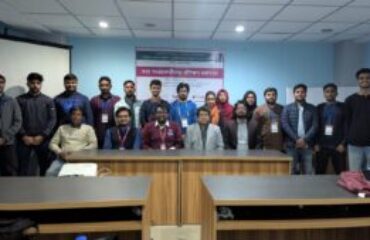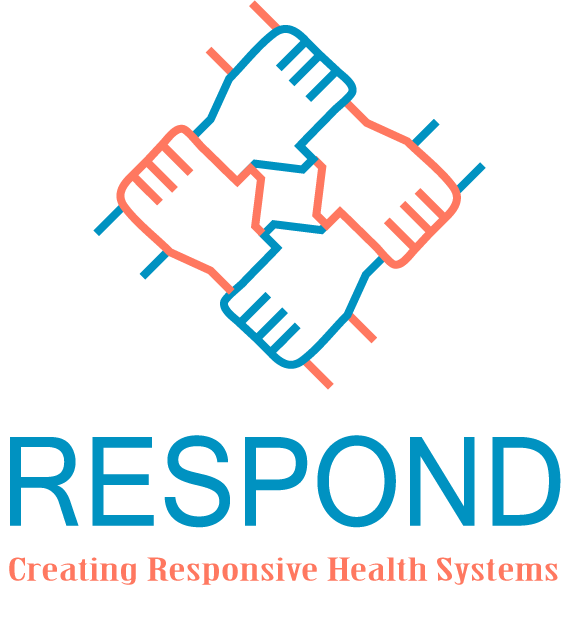Despite Bangladesh’s improving economic outlook, public investment in health remains low, with high Out-of-Pocket (OOP) expenses and per capita spending (USD 42) falling short of WHO recommendations. Although some health indicators are progressing, issues like neonatal mortality and malnutrition persist, highlighting the need for increased government funding. However, challenges around fund absorption, efficiency, and accountability hinder progress. The urban public health system, managed in part by the Ministry of Local Government (MOLGRD), is complex, with fragmented budgeting, procurement inefficiencies, and health workforce shortages. Previous studies have largely focused on the Ministry of Health and Family Welfare (MOHFW), neglecting MOLGRD’s role in urban primary health care. To address this gap, this study To address this gap, this study explores budgeting, fund flow, utilization, and management challenges, aiming to investigate the health expenditure at different levels of the Dhaka North City Corporation (DNCC) and their affiliated urban health service providers in Bangladesh.



